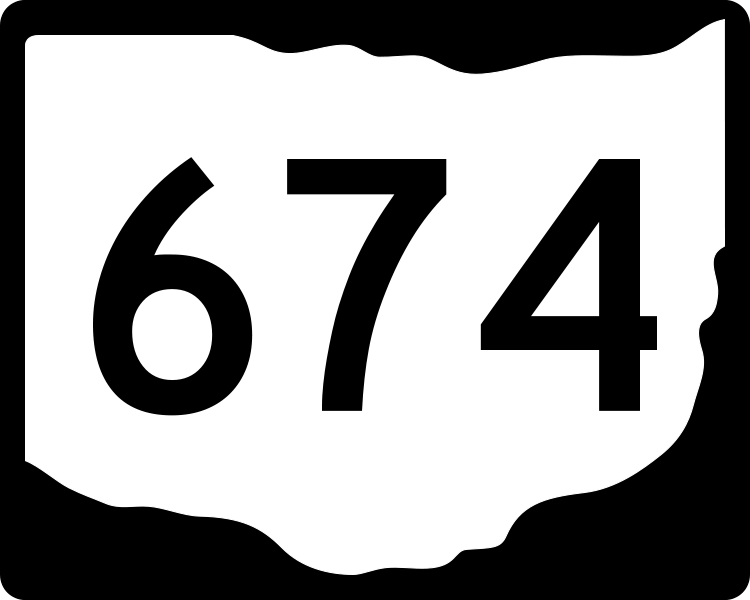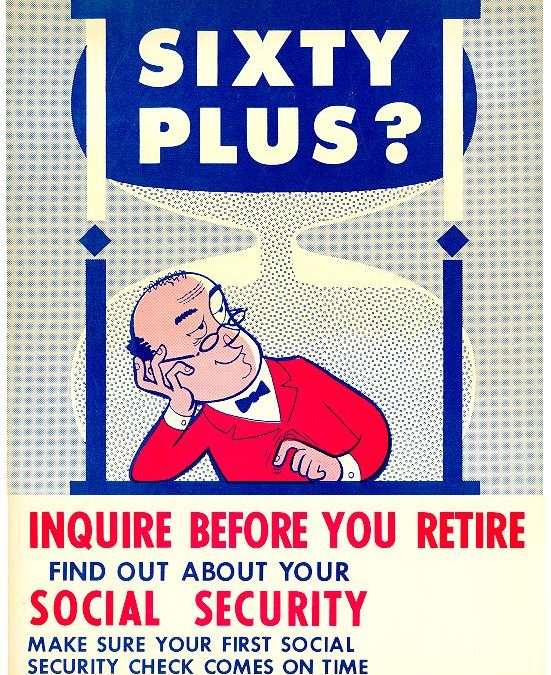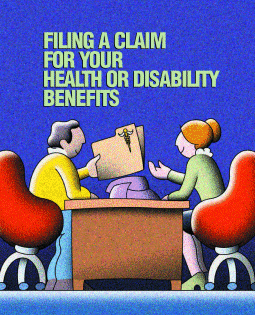


Can I draw early social security retirement and disability at the same time?
Can I draw early retirement benefits from Social Security and receive Social Security Disability Insurance benefits at the same time? Lately, a number of my clients have asked me whether they can receive early retirement benefits from Social Security and, at the same...Can a child get SSI in Ohio?
Can a Child Qualify for Social Security Disability Benefits? Many parents and guardians with children under the age of 18 wonder whether their children could qualify for Social Security disability benefits. Disabled children under the age of 18 can qualify for...
Social Security Disability benefit overpayments can be discharged in personal bankruptcy
Social Security Disability benefit overpayments discharged in personal bankruptcy Many of our clients are currently receiving benefits from the Social Security Administration because they are permanently disabled. So, what if Social Security attorney, John T....
Commonly asked Social Security Disability / SSI questions.
There are often basic questions about Social Security Disability benefits, so we have decided to answer just a few of them here.
Q 1. What does it cost to hire an attorney?
A 1. Nothing. Our firm does all SSD cases on a contingency basis. We take a percentage or pre-determined amount (determined under Statutes) of the back-pay you are awarded. If you are not granted SSD benefits, then we do not collect anything.
Q 2. Is there a difference between SSD and SSI benefits?
A 2. Yes. SSI is usually reserved for those individuals with very low incomes, and/or those that have not worked long enough in order to earn SSD benefits.
Q 3. How do I prove SSD eligibility if I do not have the money to visit a doctor?
A 3. This is one of the hardest issues for SSD applicants. On the one hand they are not working because they are disabled, and therefore, they do not have health insurance that allows them to visit a doctor. On the other hand, it is harder to prove SSD eligibility without documentation from treating physicians. Those that believe that they are eligible for SSD benefits ought to see a doctor as much as they can in order to build the strongest case. However, if you previously worked and had health insurance which allowed you to visit a doctor, we can use those records to prove your case. Check with our office and we will help determine the best course of action you should take.
Q 4. How long does it take to start receiving my benefits?
A 4. This is the hardest part for many applicants to understand. The SS offices are very overworked and any given case can take 1-2 years. However, if you never start the process, you will never receive benefits. it is better to get benefits in 1-2 years than not at all. You need to come into our office ASAP so that we can begin the process on your behalf.
Q 5. Do I have to be completely disabled in order to receive SSD benefits? NO and YES. No, you do not have to be completely disabled in the ordinary sense of that word. Meaning, you do not have to be bed-ridden or need round-the-clock assistance. However, you need to be completely disabled as that term is used in the federal Statutes. The definition in the federal statutes is much more broad and the vast majority of the people who can do normal daily activities are eligible for SSD benefits.
We hope this answers some basic questions for now. We will post more common questions and answers in the near future.

Closed period of disability and returning to work
Morrison & Nicholson gets several calls each month from people that had to quit work at some point due to their disability, however, they are now able to work as they did before and they want to know whether they are entitled benefits for the time they were disabled even though they have not yet applied for benefits. The answer we give them is as most answers law related, maybe.
First, you must have been disabled as defined by the Social Security Administration, that is, you must not be able to do any kind of substantial gainful activity for a continuous period of at least one year, or have an impairment that may result in death. If you were disabled for at least 1 year and then returned to work, the period that you were disabled is referred to as the “closed period” of disability. Although, you can file and receive benefits for the closed period of disability the application is only retroactive for a period of 1 year from the application submission date. For example, if you were disabled on March 2, 2007, returned to work in August 2008 and filed for benefits in March 2009, then you would only recieve benefits from the month that you were disabled from March 2008 – March 2009.

Recent Comments